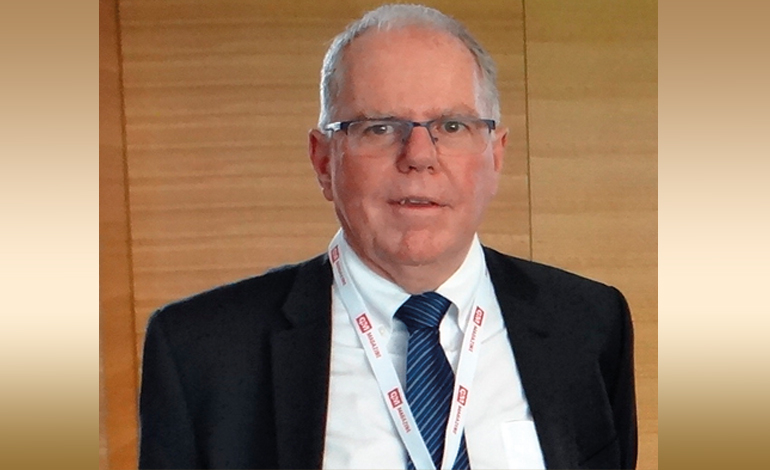By about this time last year, the pandemic caused us to head towards a month of lockdown. Wayne Scott, CEO, Aggregate and Quarry Association comments.
Amid fears of a major economic meltdown, many councils worked through that period working up projects that could be rapidly advanced. The Government promised to support a wave of ‘shovel-ready’ projects and many were approved.
Covid-19’s impacts have not been as severe as feared, but a major surge in infrastructure build remains as a key on-going stimulus to the economy.
Last month, I wrote to council CEOs and mayors around the country noting how every council and the communities and businesses you serve, rely heavily on locally sourced aggregate resources. These provide the very foundations for infrastructure. That includes all those ‘shovel-ready’ projects councils identified – improved local roads, three waters projects, new community buildings and more.
If we ever hope to meet housing demand and solve the current crisis in supply, it’s not going to just be about having enough land and skilled labour supply; no sub-division can proceed unless large volumes of local aggregate is available.
Our major cities and even some small towns now face increasing congestion, emissions and cost pressures to sustainably source aggregate. This is due to past inadequate provision in planning documents to recognise existing and potential aggregate and sand deposits or provide for their extraction.
As we enter another decade, the Aggregate and Quarry Association (AQA) has put it to mayors and CEOs around the country that we want to work with councils to protect key resource areas and enable their future development.
Like any mineral, quarry materials are not universally available. They can only be sourced from where they are located. The key cost factor for aggregate is transport. The cost of a truckload doubles in the first 30 kilometres and continues to rise from there on.
Opotiki is one small council that has faced the reality of what can happen if there are not good local supplies of aggregate and rock. The district’s flagship project to support a huge expansion in mussel growing off its coast is the development of a new harbour.
In 2018, the cost estimates for this faced a major blow-out. The AQA worked with GNS in 2018/19 to identify local sources of rock rather than those involving 180 kilometre round trips. In doing so, we helped reduce the project cost by around half.
no sub-division can proceed unless large volumes of local aggregate is available.
You will also be familiar with the delays and cost escalations with Wellington’s Transmission Gully, in part caused by lack of aggregate supply and having to haul material from as far as Taranaki and Hawkes Bay. If 180 kilometre round-trips helped escalate the Opotiki harbour’s costs, imagine what 5-600 kilometre round trips to Taranaki or Hawkes Bay will cost.
The AQA has for three years been seeking Government support for GNS to complete a National Aggregates Study to identify resources in every region. We think this may be the best $600,000 any government ever spent even if councils are a major beneficiary.
Once you know where your rock supplies are located, your council can actually start sensible planning for future development. Every council is well aware of the furore that often emerges when a new or renewed quarry consent is sought. In order to protect existing and future quarries from such encroachment as urban expansion and rural lifestyle developments, councils need to know where rock resources are and how to plan to protect them.
We think it is in the interests of councils and communities to reduce the potential for ‘reverse sensitivity’ and enable access to these resources as infrastructure and development demands it. This will reduce what one council resource consent commissioner last year described as requiring King Solomon’s wisdom to balance the wishes of residents and a region’s need for aggregate.
The AQA takes council planning seriously. We submit to all district and regional plans. Our Planning Committee engages regularly with council staff to work through issues. I travel the country regularly and would be very happy to visit your council at a convenient time.
Or call in and see us if you are in Wellington – we’re based on The Terrace.
I’m ready to bring out my shovel and assist: wayne@aqa.org.nz, 021944 336.
This article was first published in the March 2021 issue of Local Government magazine.


